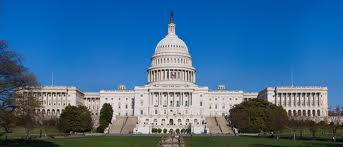Ethical and Legal Issues Ethical Turning food into fuel has come across many problems, and having to use large amounts of grain and other foods such as corn and sugarcane could affect the agricultural economy. The grain requires fertilizer, pesticides, and other fossil fuels to grow as well. One concern about the cellulosic ethanol is that it might reduce food supply. As mentioned in the background, can America's agriculture support large-scale ethanol production? This is probably the biggest question about cellulosic ethanol out there. Is it going to reduce food supply? How much land for ethanol production will we need? How will it affect the environment? (Union of Concerned Scientists) Hopefully the use of non-food cellulose to make ethanol will help solve the issue with the food supply. Also another concern is plowing under the tropical rain forests to grow crops to make ethanol. This could greatly contribute to global warming (Union of Concerned Scientists). Legal Tariffs for Foreign Ethanol To keep American made ethanol competitively priced, in 1980, Congress placed an import fee (tariff) on foreign-produced ethanol. Before then, foreign producers, like Brazil, were able to ship less expensive ethanol into the United States. Many countries have tariffs like this to prevent the subsidizing of foreign-produced ethanol. At 2.5%, the U.S. tariff is the lowest of any other country (Texas State). The highest tariff belongs to India, at 186%. Brazil imposes a tariff of 20% (Texas State). However, there is an exception for ethanol imported through or from the Caribbean islands, up to a total equivalent to 7% of U.S. production. Lawmakers from some farm states want to get rid of this loophole (Texas State Energy Conservation Office). |
  |